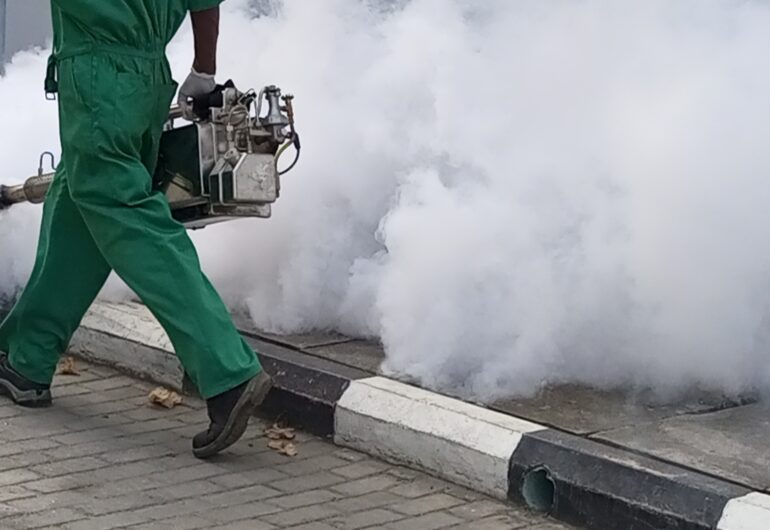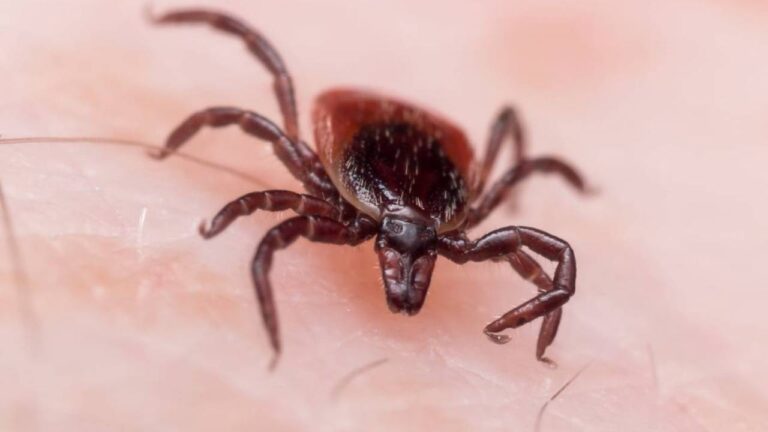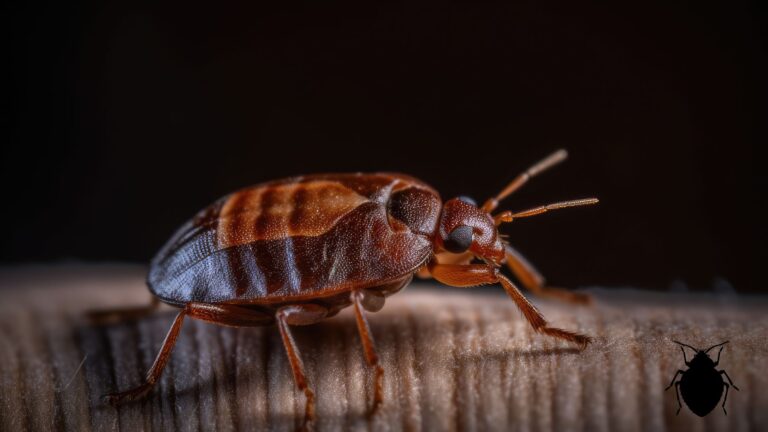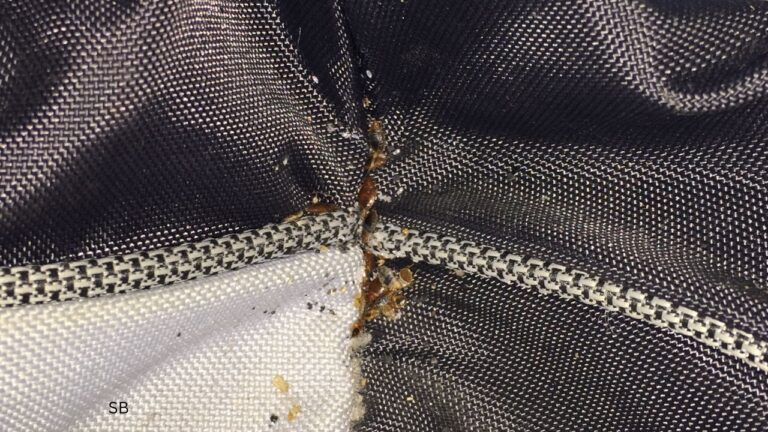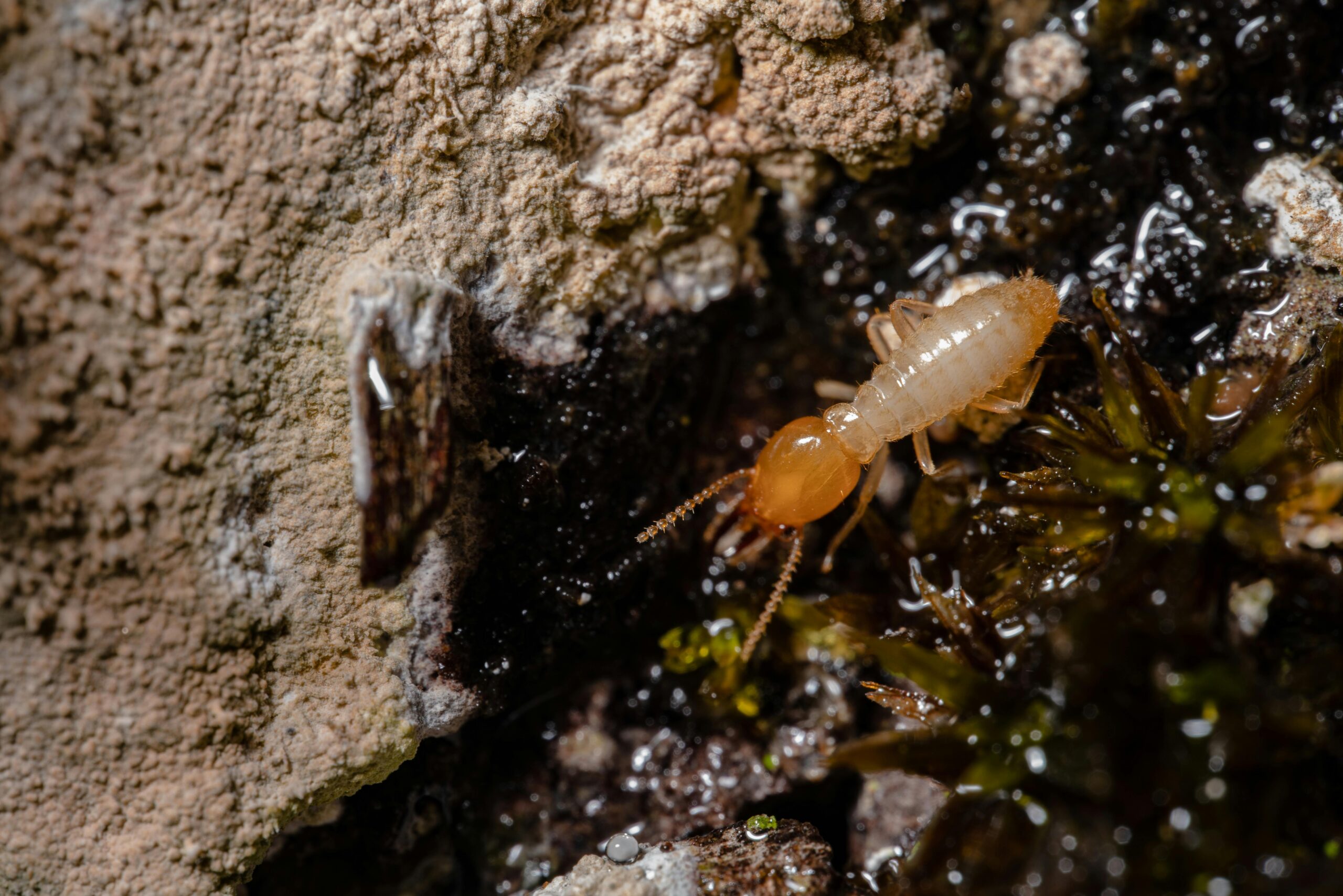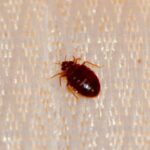Pesticides, designed to eliminate or repel pests, are commonly used to combat infestations. However, the belief that consistent pesticide application will eradicate pests is not only a misconception but can also lead to unforeseen consequences, such as the development of resistance. A nuanced understanding of pesticide application is essential in preventing unintended consequences such as increased infestation levels.
While the initial intention of pesticide application is to reduce pest populations, it can paradoxically contribute to an increase in infestation levels. Many individuals mistakenly assume that using the same pesticide consistently will eliminate pests. However, this practice often results in the development of resistance.
Resistance Dynamics:
Resistance occurs when pests no longer absorb the applied insecticide. This problematic trait can be passed down to subsequent generations, perpetuating the resistance issue. For pests like bedbugs, which can originate from outside sources, using the same over-the-counter product as someone with resistance may inadvertently lead to an escalation in infestation.
Effective communication with pest control operators is crucial in addressing these challenges. As professional pest control operators, we inquire about prior actions taken by clients to avoid using similar pesticides. This proactive approach helps us tailor our methods, minimizing the risk of resistance development.
In critical cases, resorting to non-chemical methods becomes imperative. Techniques such as steaming, heat treatment, vacuuming, and habitat alteration through cleanliness or proper exclusion practices are deployed. It’s important to note that not all pest infestations require pesticide application; some can be effectively managed through alternative approaches.
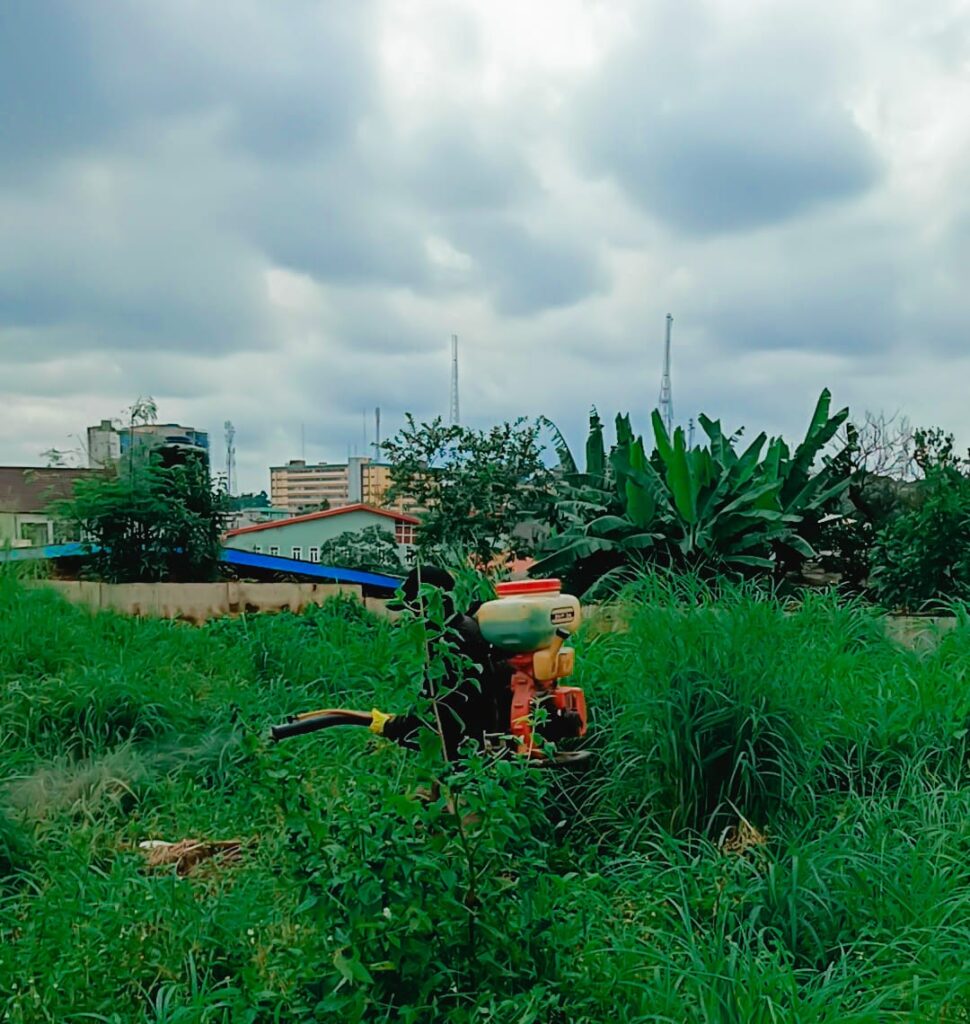
For homeowners and DIY enthusiasts looking to combat resistance, a recommended strategy is rotating pesticides that are registered for use. This approach helps disrupt the development of resistance, ensuring continued effectiveness in pest control efforts.
Effective communication with pest control professionals, embracing non-chemical alternatives, and strategically rotating pesticides are key components of a comprehensive pest management strategy. By navigating these complexities, we can strike a balance between pest control efficacy and environmental responsibility. Need a free consultation/ Professional Service or Training on Effective Pest Management call: +2347084421068


